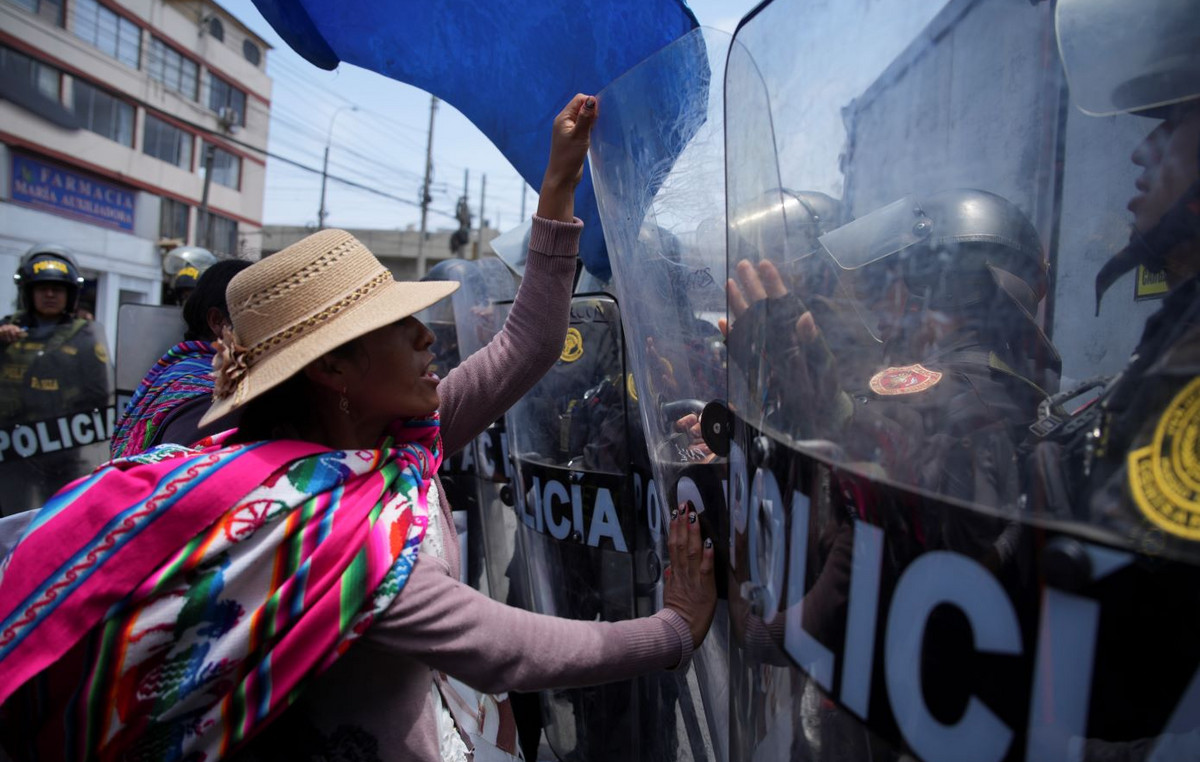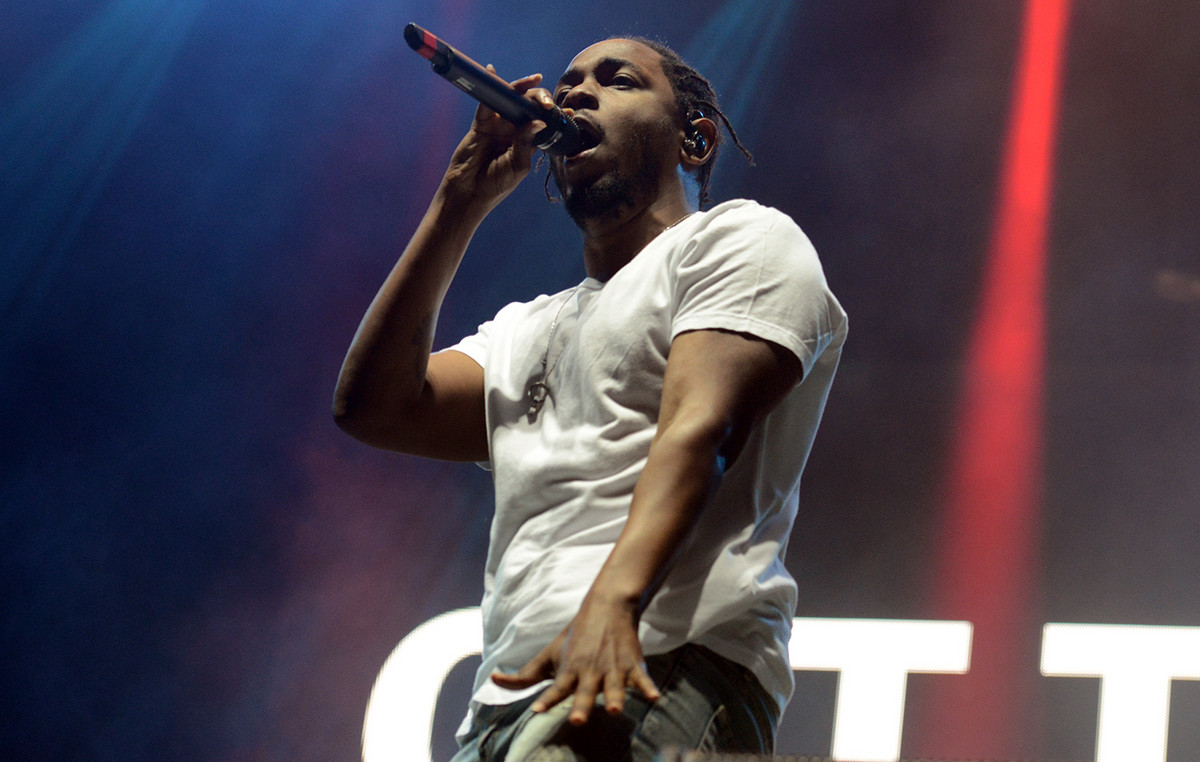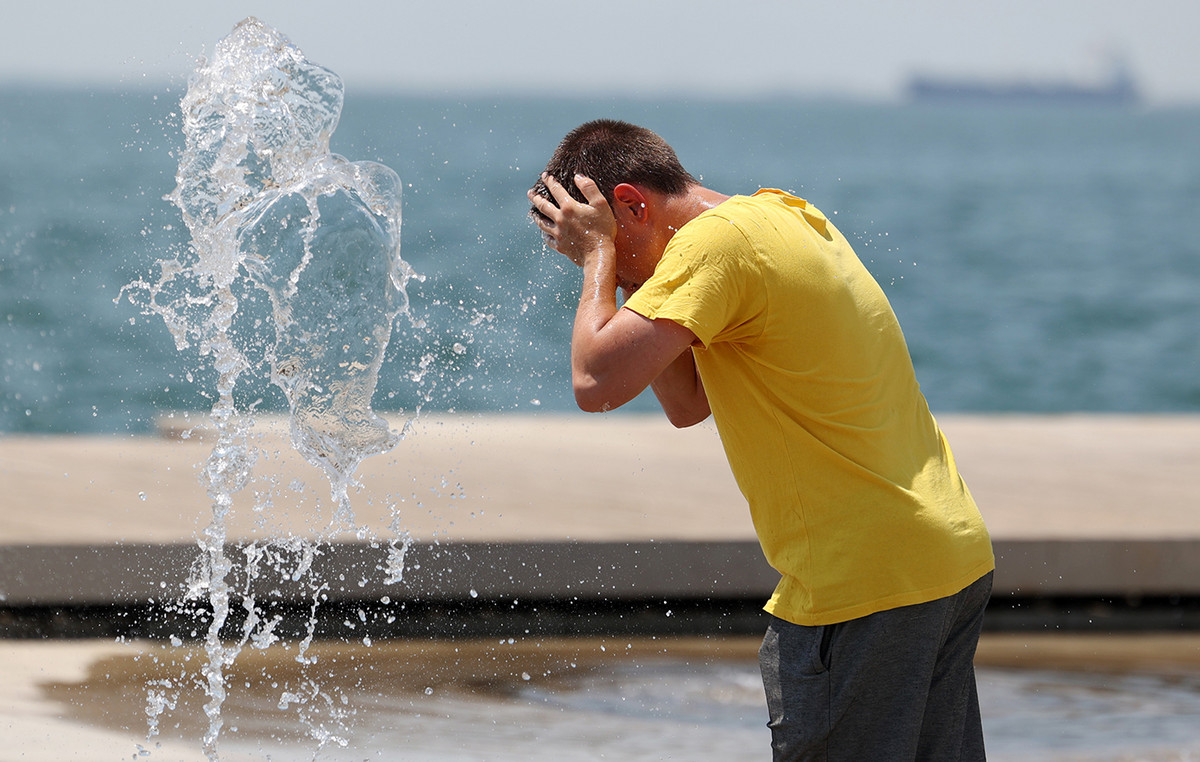Even before most Americans woke up Tuesday morning to the news of the collapse of Baltimore's Francis Scott Key Bridge, conspiracy theories about what had allegedly happened were circulating on social media.
Claims ranged from a cyber attack or a ship captain impaired by side effects, to Covid-19 vaccines – and even allegations that Israel, or even the Obamas, had something to do with the bridge collapse.
All these allegations are completely unfounded. Authorities investigating the crash said early on that there was no indication it was a deliberate or intentional act.
But that didn't stop conspiracy theories from spreading quickly across the internet, generating millions of views on social media as rescue teams searched for victims. In just a few hours, an entire alternate reality, devoid of facts, was created around the bridge collapse.
It's a stark reminder of Americans' declining trust in key institutions, particularly government and the media, and the online incentive structures that reward the sharing of misinformation.
Events that capture the attention of the United States have always provoked a deluge of alternative theories that challenge or contradict the facts or the widely accepted version of events.
What makes this moment in American history different is the ability of internet users to flood the web with false information, thanks in part to a lack of action on the part of social media companies, including Facebook and X, formerly known as Twitter.
It's entirely possible that millions of Americans encountered false claims about the bridge collapse when they woke up Tuesday morning before seeing the facts.

“In many ways, the Baltimore bridge conspiracies point to a troubling outlook for the November election,” said Ben Decker, CEO of Memetica, a company that tracks online disinformation.
The usual suspects
Early Tuesday morning, less than six hours after the bridge collapse, Andrew Tate, an influencer with more than 9 million followers on the X, posted, without offering a shred of evidence, that the ship had been “cyber- attacked” and was deliberately directed towards the bridge.
“US foreign agents attack digital infrastructure,” he added.
Tate, who is known for his misogynistic posts, is currently awaiting trial in Romania on charges of human trafficking and rape. Following this process, he is expected to be extradited to the UK to face sexual offense charges. He denies all accusations.
As of Wednesday, Tate's tweet had been seen by more than 18.5 million users on X, according to the company's own data.
Under Elon Musk, X verifies its own information through ratings made by users. The classification of Tate's tweet, for example, was given as “speculation”. On Wednesday, the rating was updated to indicate that Tate's post was “misleading.” On Wednesday night, the rating said in part that “readers should be aware that this is a personal opinion being portrayed as factual.”
Regardless, Tate's post helped set the tone for the day's alternate reality.
Two hours after Tate’s post, Sandy Hook conspiracy theorist Alex Jones posted video of the bridge collapse on Tuesday and commented, “It looks intentional to me. A cyber attack is likely. The Third World War has already begun.”

Jones and other doomsday conspiracists have tried for years to convince their audiences that the world is on the brink of catastrophe and that they need to prepare. Part of that preparation involves purchasing thousands of dollars worth of freeze-dried food and survival kits — which, of course, Jones went on to sell.
A little respect
On Wednesday, the head of the Maryland State Police announced that dive teams had recovered the bodies of two people from the river. At least four other people are missing and presumed dead, the Coast Guard said.
Baltimore's mayor urged people to have “a little decency and respect” when it comes to the online discourse surrounding the fatal bridge collapse.
“Do not spread misinformation. Remember there are family members of these people who lost their lives simply trying to improve transit for the rest of us,” said Baltimore Mayor Brandon Scott.
By then, the tragedy had already become a burden on political stance.
Some social media users have suggested that Diversity, Equity and Inclusion (DEI) is linked to the bridge collapse arguing that more unqualified people were placed in jobs to fulfill diversity and inclusion mandates and that this somehow contributed to or caused the accident.
There is no evidence to support this claim – but it is a talking point that generates a lot of sharing. DEI programs, which promote the inclusion of people from historically underrepresented or discriminated against groups, have become the latest front in the U.S. culture wars — with Republican states like Florida and Texas signing bills that restrict these initiatives.
Politics is everything
What's perhaps most notable about how quickly and widely conspiracy theories about breaking news spread is how normal it all is now. Creating a daily alternative reality is a frenetic machine.

On any given day there is a solid contingent of online influencers, fake intellectuals and self-proclaimed “truth tellers” who will tell you that what is being said in the news is a lie – if that is who actually won the 2020 US election (Biden won) or whether Taylor Swift has the ability to manipulate the Super Bowl to help President Joe Biden (she doesn't).
Some of this misinformation is motivated by politics, money, or a mix of both. OX incentivized creators to make viral posts by offering them a share of the company's advertising revenue. X owner Elon Musk claims the network doesn't pay creators whose posts have been corrected by community ratings – but many posts on the platform fall into a gray area.
There are other ways to make money too – like selling doomsday survival kits.
While many Americans may laugh or shrug their shoulders when they hear some of these conspiracy theories – the daily deluge of false claims shape the worldview of millions of other Americans.
A quarter of all Americans falsely believe that the FBI, not Trump supporters, instigated the January 6, 2021 attack on the US Capitol. A third of Republicans believe the Taylor Swift-Super Bowl conspiracy theory.
The conspiracy theories don't stop there
As the news unfolded on Tuesday, the conspiracy theories continued.
Some people falsely claimed that Israel was responsible. Others have suggested that the Obamas could be responsible because they produced a Netflix film where a cyber attack causes an oil tanker to run aground. “Draw your own conclusions,” one person with nearly 700,000 followers on X posted on Tuesday morning.
David Simon, the creator of the HBO series “The Wire” and a famous Baltimore native, began fact-checking some of the most ridiculous false claims circulating on X.
When an X user suggested that the Covid-19 vaccine was to blame for the collision, because the ship's captain had collapsed after taking the vaccine, Simon responded with the facts.
The ship's captain didn't collapse, a power outage caused the collision, Simon noted – before he dryly, and sarcastically, suggested that the X user he was responding to might believe the power outage was caused by “space lasers.” Jews.”
Before becoming a member of Congress, Marjorie Taylor Greene infamously dabbled in a conspiracy theory that Jewish space lasers may have been the cause of deadly fires in California.
On Tuesday, the Georgia Republican posted on X asking whether the bridge collapse was an “intentional attack or an accident,” adding that there must be a full investigation.
Jewish space lasers were not responsible for the fires, nor for the collapse of the Baltimore Bridge. But to many Americans, even some in the halls of Congress, it may not seem so far-fetched.
Source: CNN Brasil
Bruce Belcher is a seasoned author with over 5 years of experience in world news. He writes for online news websites and provides in-depth analysis on the world stock market. Bruce is known for his insightful perspectives and commitment to keeping the public informed.






